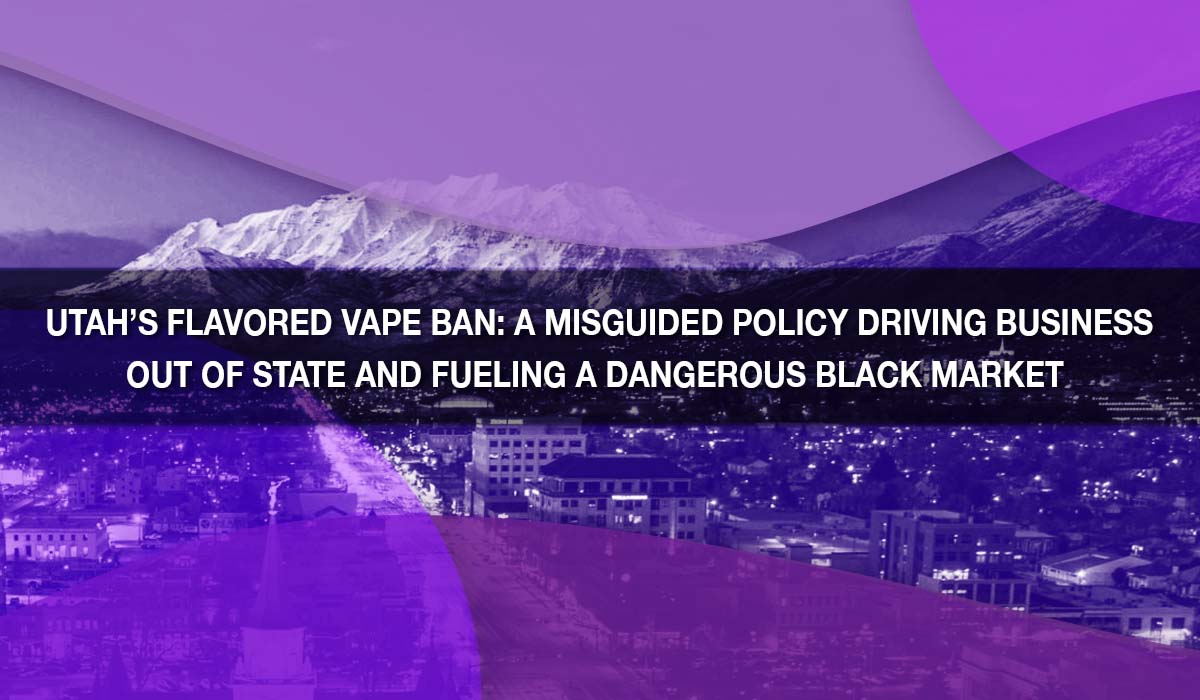
Utah’s Flavored Vape Ban: A Misguided Policy Driving Business Out of State and Fueling a Dangerous Black Market
Utah’s flavored vape ban isn’t about protecting public health—it’s a reckless policy built on flawed logic, political theater, and disregard for adult choice. While state lawmakers pat themselves on the back, Utahns are crossing borders in droves to get the products they prefer, small businesses are closing their doors, and the black market is booming.
Welcome to prohibition 2.0—where lawmakers ignore reality, and the people pay the price.
Border Shops Are Booming—Because Utah’s Law Makes No Sense
In just 10 minutes on a recent Monday, three separate vehicles with Utah license plates pulled into Juicity Vapor in Evanston, Wyoming. Drivers came from Weber, Utah, and Sanpete Counties. Their reason? Flavored nicotine—now illegal in Utah, thanks to an overreaching and out-of-touch state ban.
“I went to buy some more at the shop I normally frequent. It was completely shut down,” a Utah County man told ABC4.
“I’m 45 years old and I’ve got to drive out of state to buy flavored nicotine. If I want to kill my body with diet soda, that’s totally fine.”
Another customer from Ogden added:
“I don’t want menthol or tobacco. I feel like they kind of screwed me.”
They’re not alone. Many are buying in bulk—spending hundreds of dollars to stock up and avoid the weekly trek.
Utah’s Loss Is Wyoming’s Gain
Juicity Vapor’s manager, Austin Carrico, says the impact was instant:
“I didn’t expect that when the bill went into effect, I’d have 10 cars in my parking lot at nine in the morning.”
Sales at the shop have tripled. He’s added staff and even installed a third cash register. From a business standpoint, it’s a windfall—but it’s built on the failure of Utah’s policies.
Carrico sees the writing on the wall:
“From a personal business owner standpoint, this is a death sentence [for Utah shops].”
Utah Shops Are Paying the Price
Inside Utah’s borders, the story is much darker. Vape shops are laying off staff, breaking leases, and closing permanently. Beau Maxon, vice chairman of the Utah Vapor Business Association (UVBA), says the damage is just beginning.
“From a personal business owner standpoint, this is a death sentence,” Maxon said. His own shop in Park City is tied to a lease worth over $30,000 per month—whether the store stays open or not.
“Whether it’s fireworks, alcohol, marijuana, or now flavored vape—Utahns will cross state lines to get what they want.”
Lawmakers Just Created the Black Market They Claimed to Prevent
Let’s be clear: this isn’t protecting youth. It’s fueling a black market that operates without ID checks, age verification, or regulatory oversight. The very outcomes the ban was supposed to prevent are now accelerating.
“Black market sellers aren’t going to care whether they’re selling to a 16-year-old or a 36-year-old,” Maxon warned.
“Because of this prohibition, we’re going to see youth use skyrocket.”
Instead of working with businesses on solutions—like stronger ID scanning, surveillance, and common-sense regulation—lawmakers went with the PR-friendly option: a total ban.
The UVBA even proposed a bill that would’ve funded $24 million annually in youth prevention and enforcement. Lawmakers ignored it.
The Truth: These Bans Aren’t About Health—They’re About Control
The idea that these policies are "well-intentioned" is a lie. If the goal were truly health-focused, lawmakers would support superior alternatives to smoking, partner with regulated businesses, and work to keep dangerous products out of the hands of minors.
Instead, they’ve chosen the optics of prohibition over the outcomes of progress—and it’s backfiring.
Looking Ahead
Maxon says the UVBA is already planning for 2026, when new youth usage data from the SHARP Survey will likely show the ban’s failure.
“We look forward to a healthy and productive conversation where we can be more solution-oriented,” he said.
Let’s hope by then Utah’s leaders are ready to trade virtue signaling for real solutions.
Final Thought
Utah’s flavored vape ban is a cautionary tale: when government oversteps, consumers adapt, black markets thrive, and small businesses suffer. If lawmakers want to reduce youth access, they need regulation—not prohibition.
Until then, Utahns will keep driving to Wyoming—and Utah will keep losing.



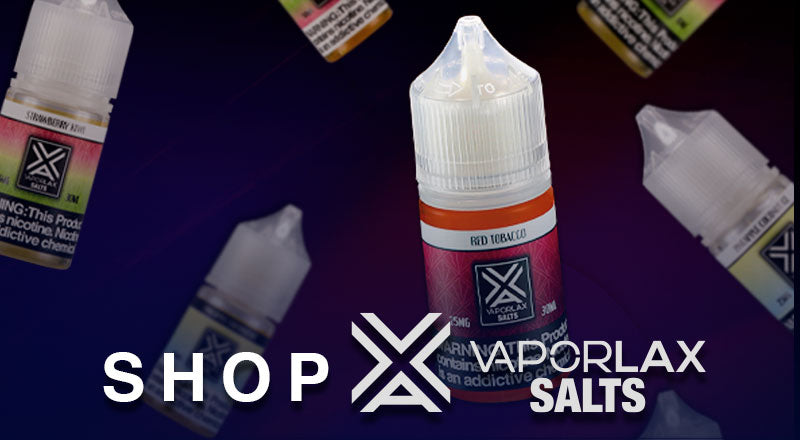
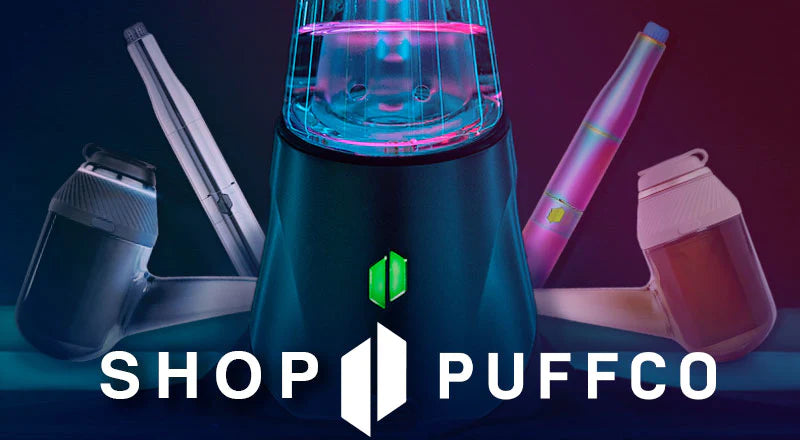
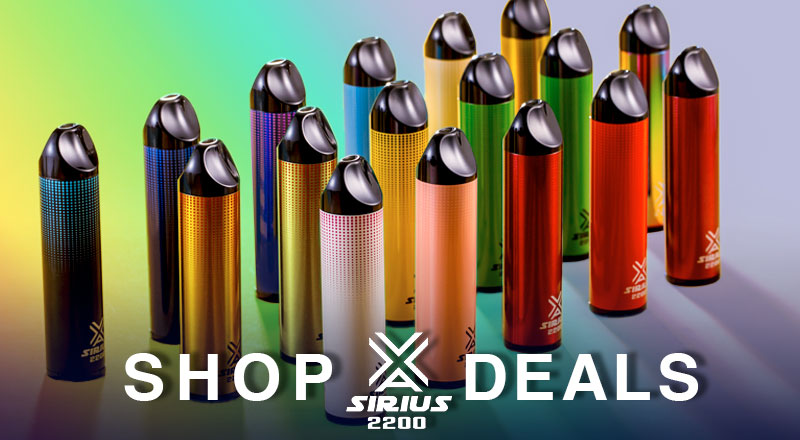

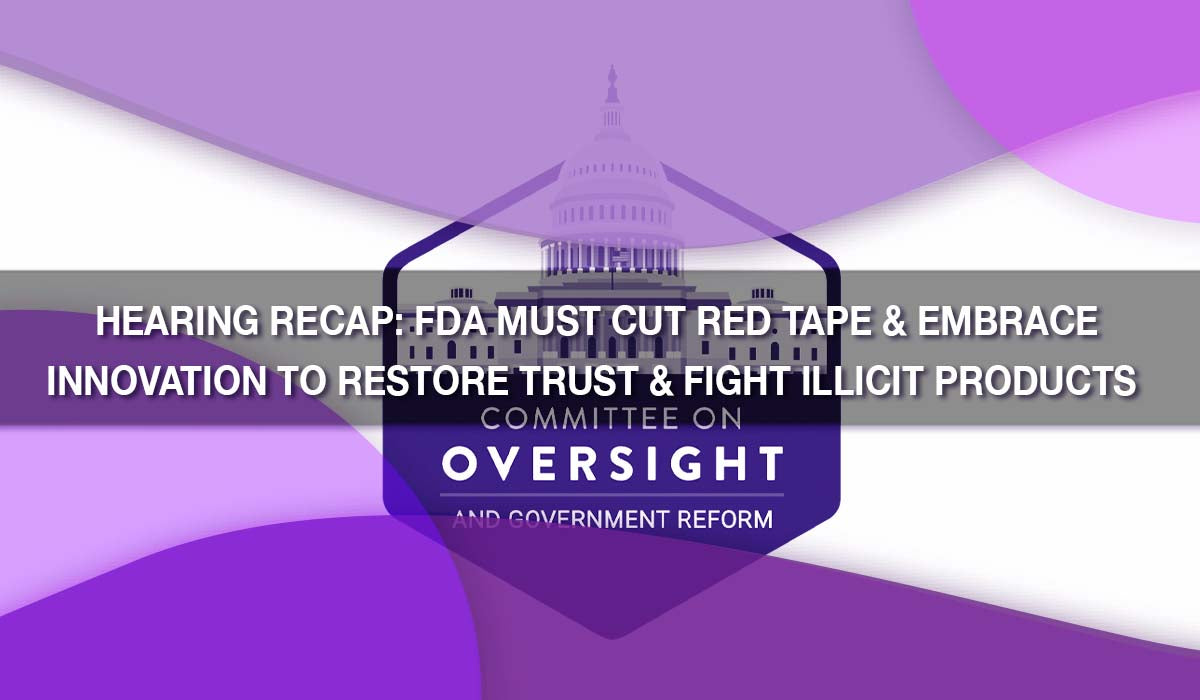
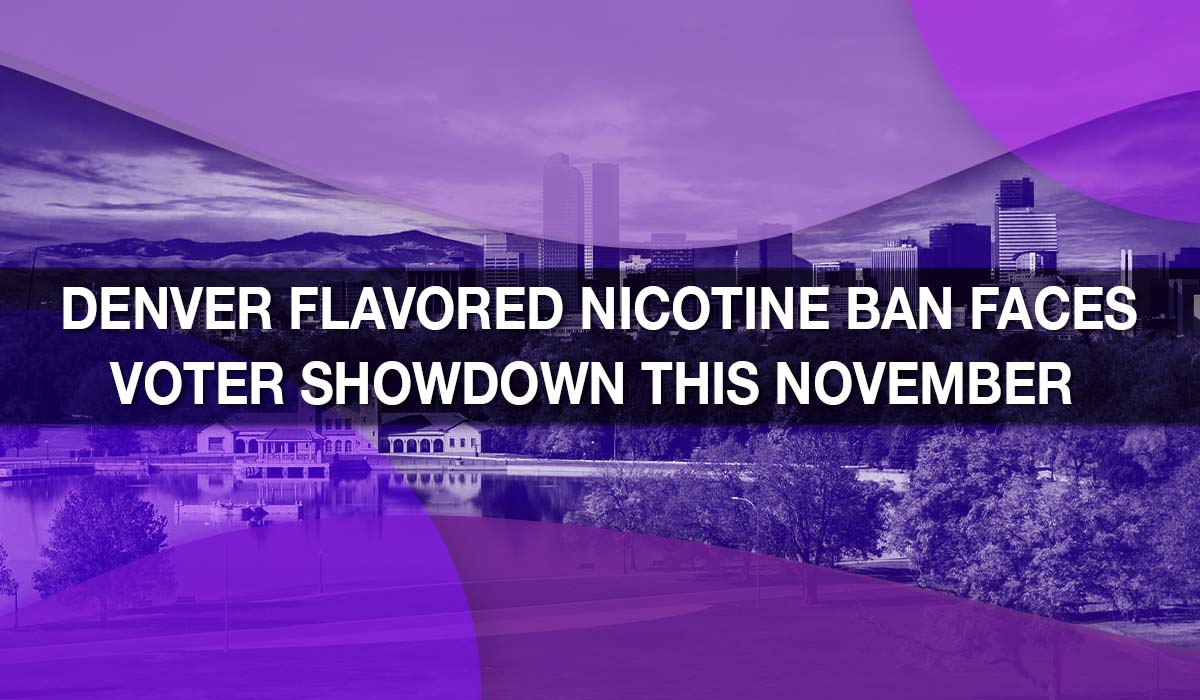
Leave a comment
This site is protected by hCaptcha and the hCaptcha Privacy Policy and Terms of Service apply.